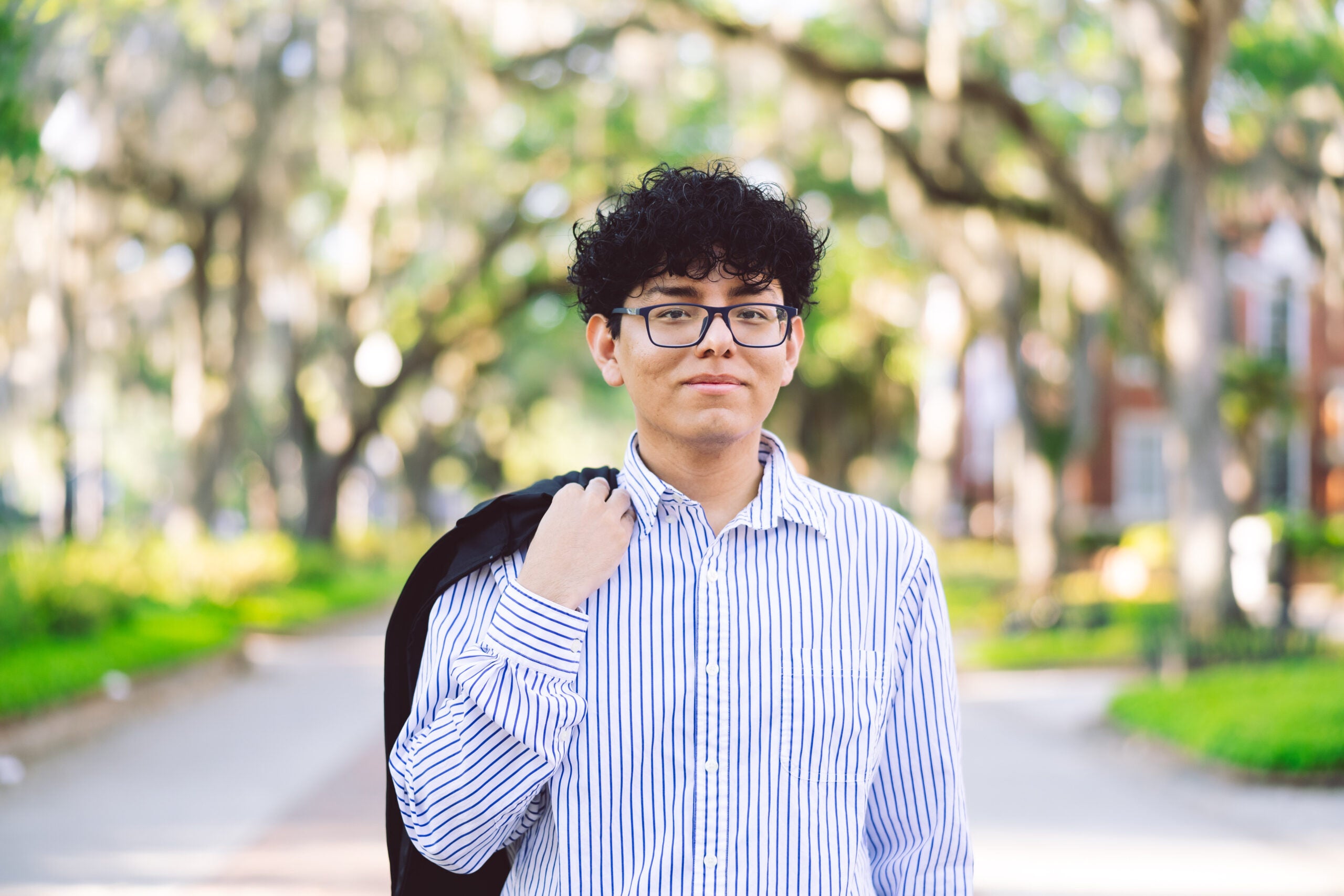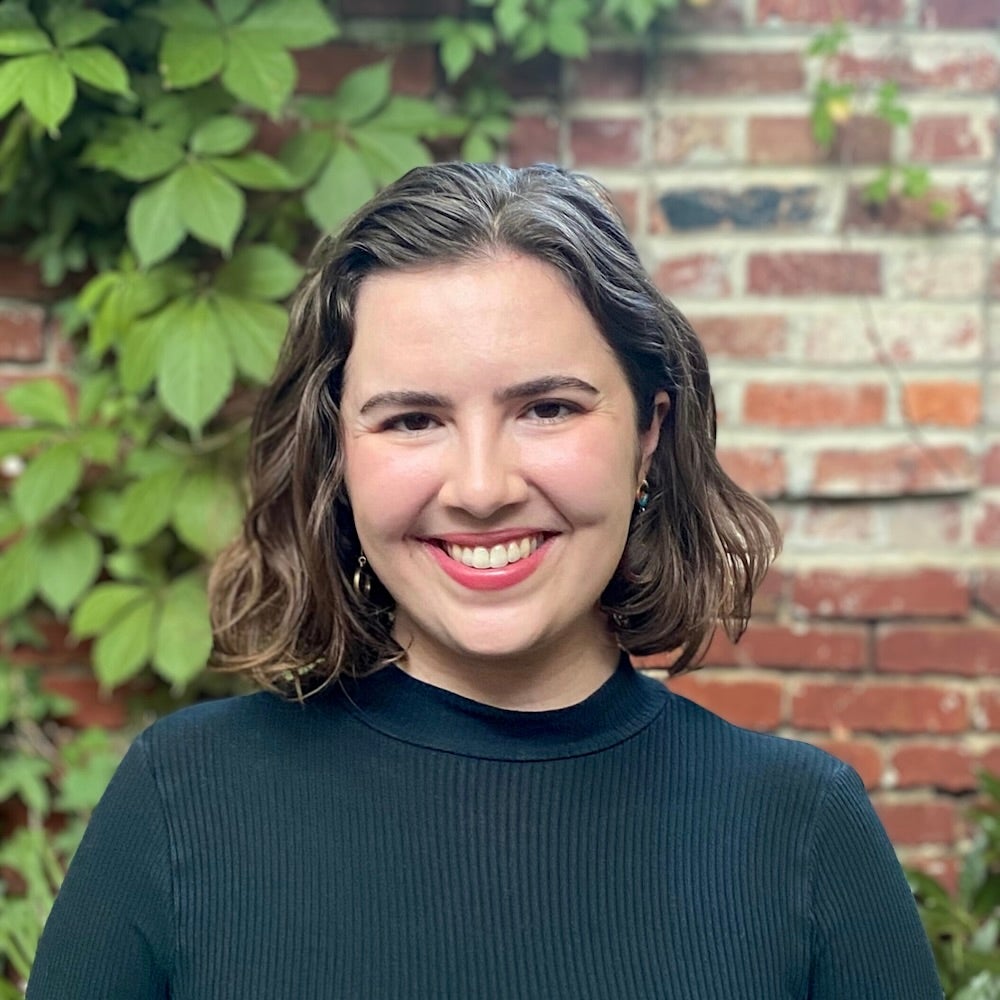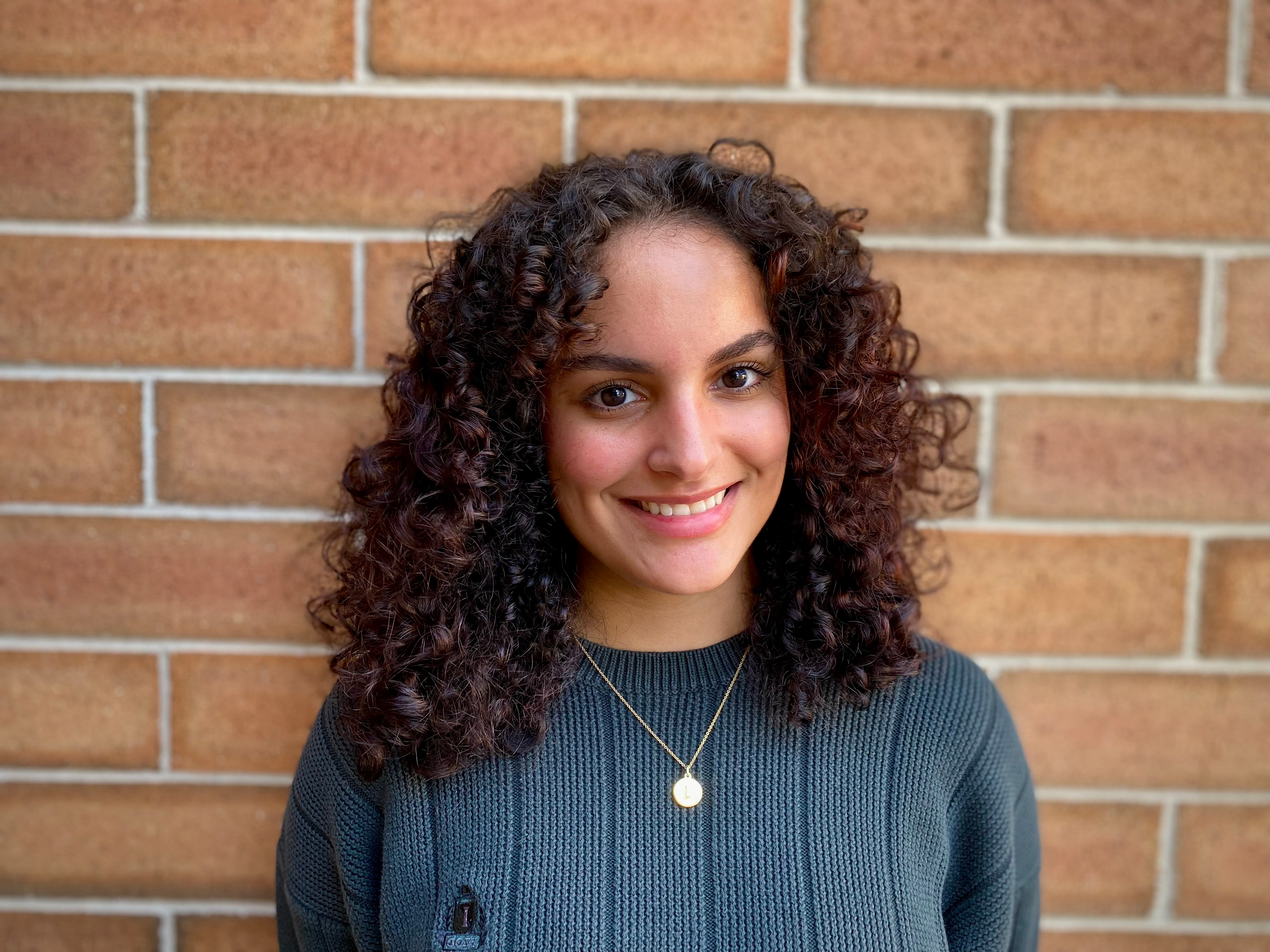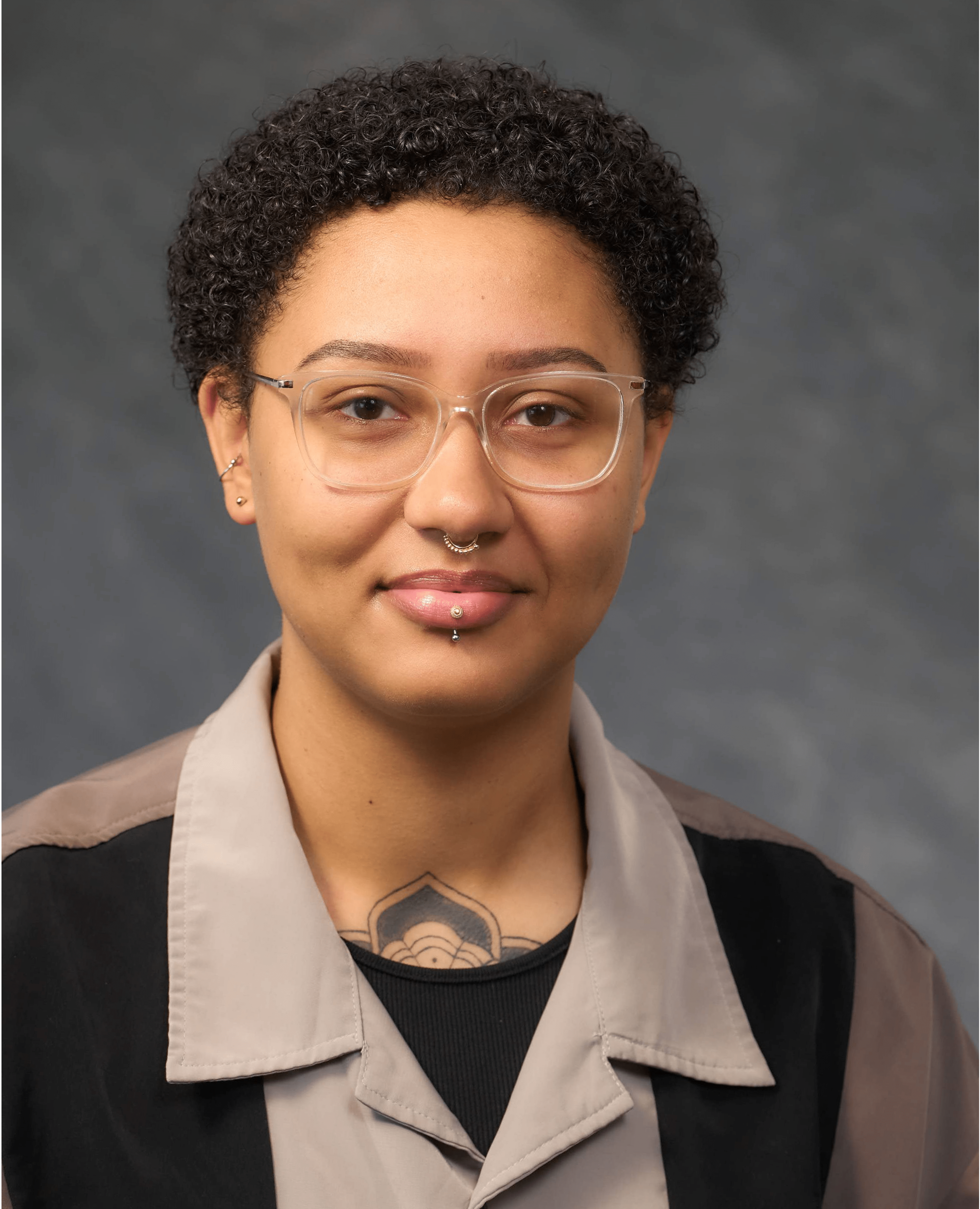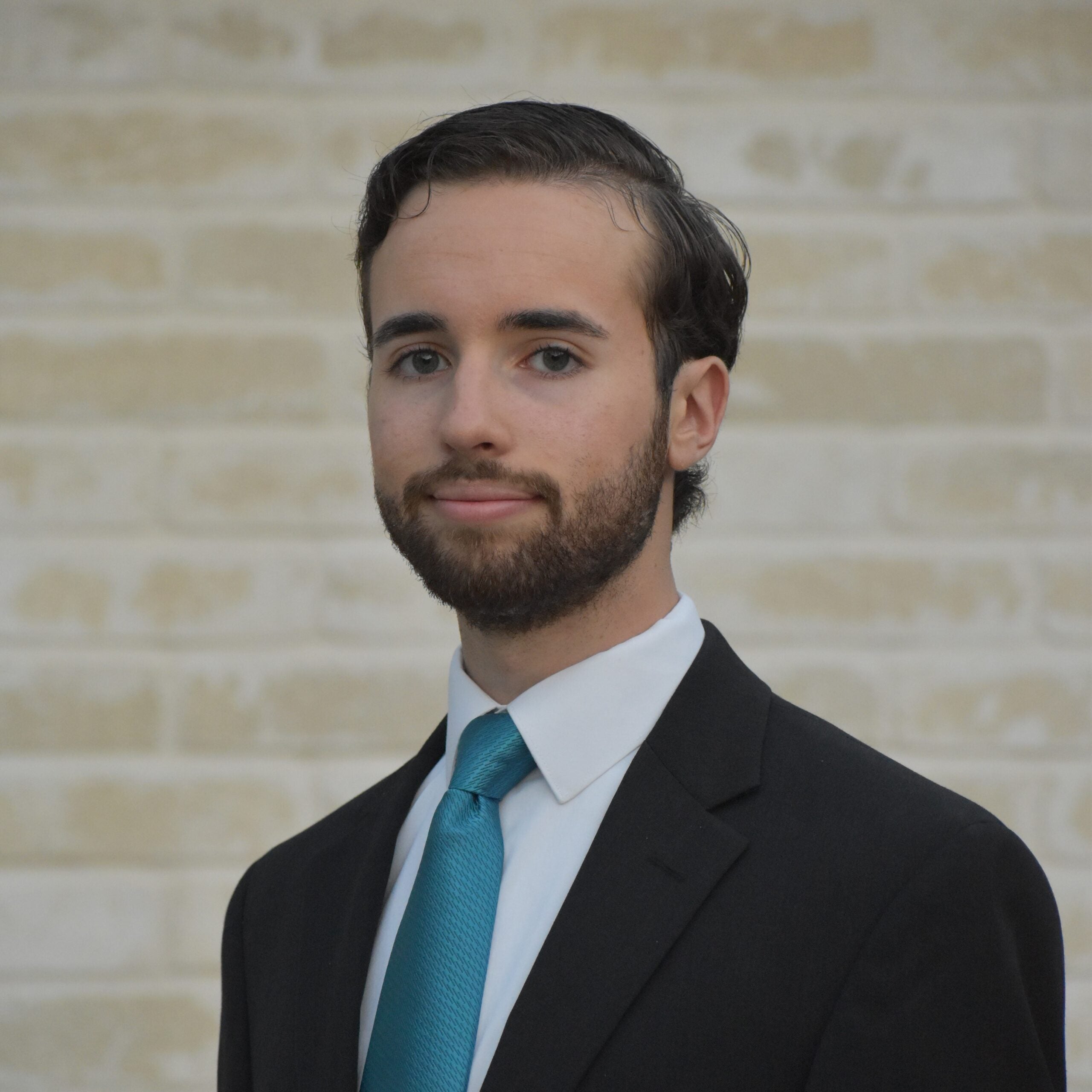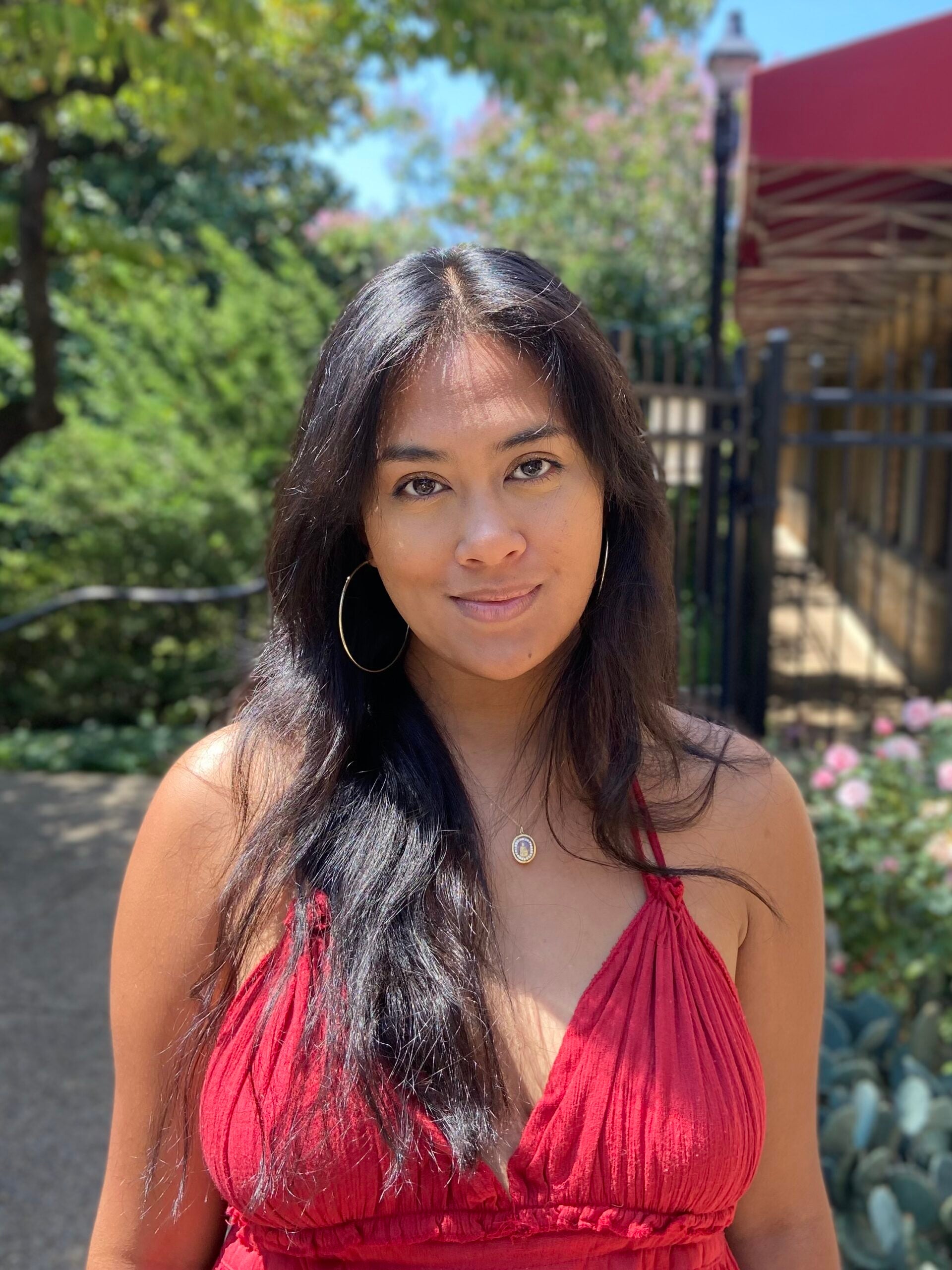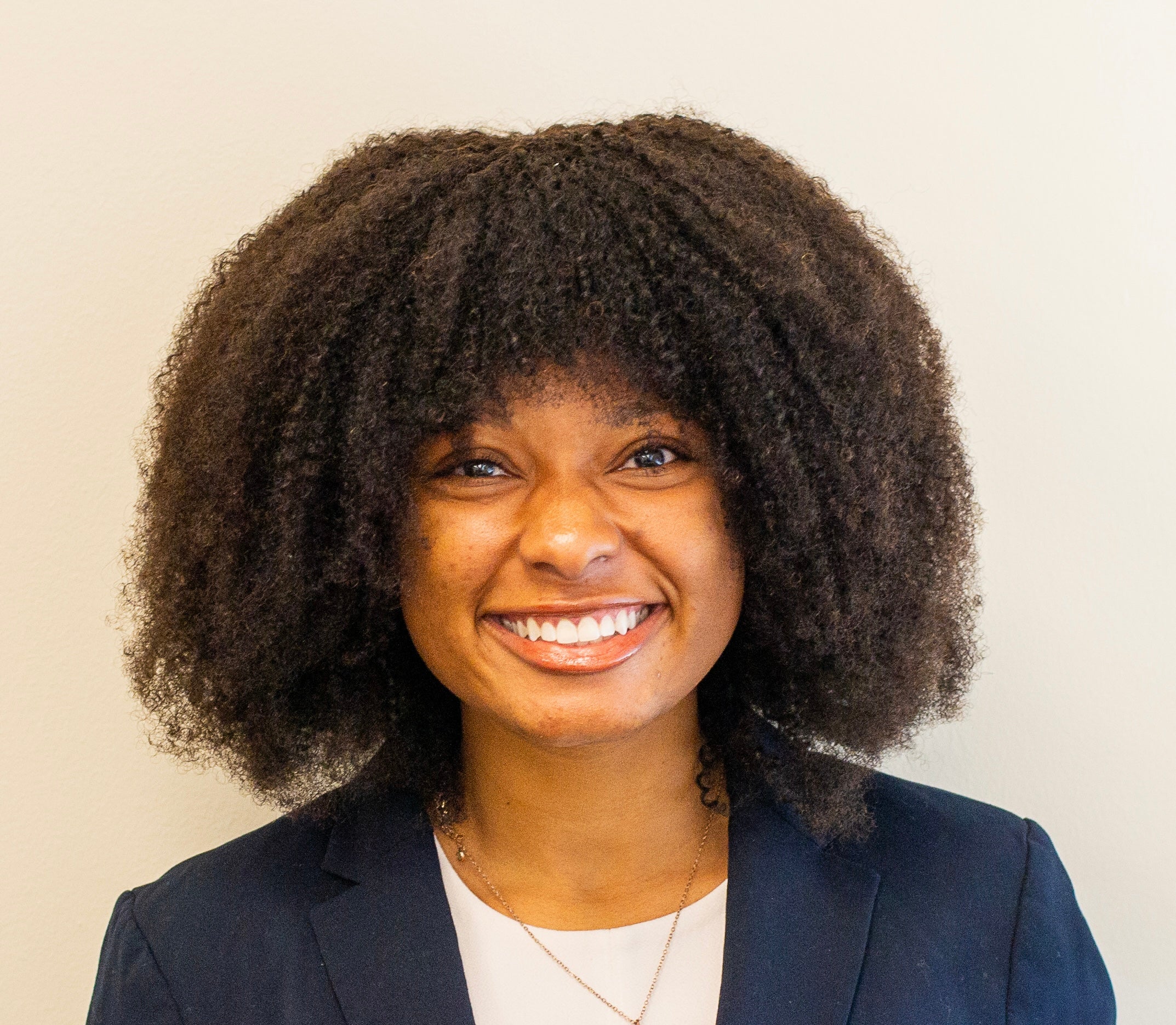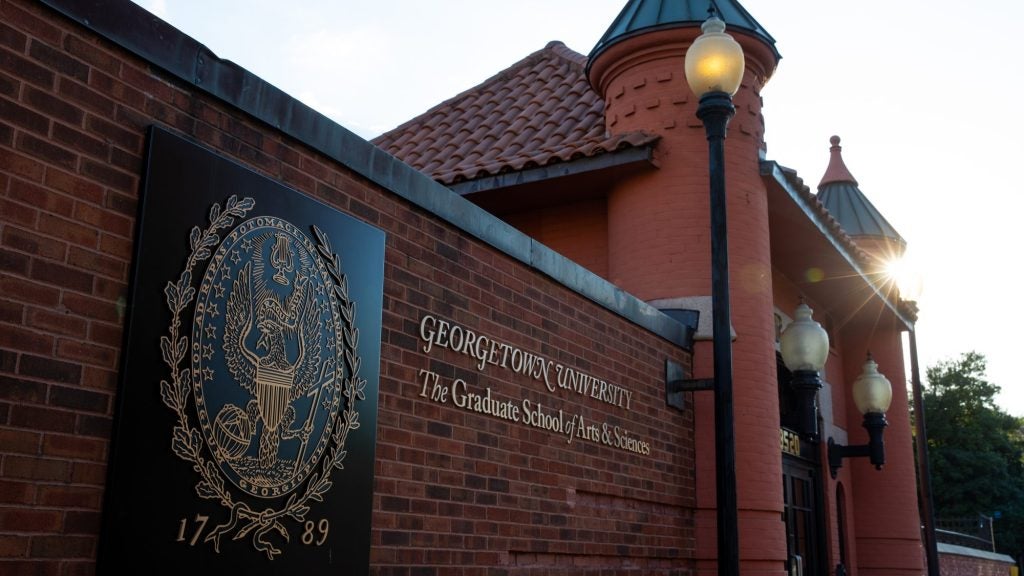History
Named in honor of Georgetown University’s 28th President, Patrick Healy, the first African American to earn a doctorate degree, and the first African American President of Georgetown University (1874–1882), the Patrick Healy Graduate Fellowship is intended to further Georgetown’s commitment to creating a diverse community composed of the most qualified students. The program is designed to help recruit and retain graduate students who are talented individuals of the highest caliber and who might otherwise find it difficult or impossible to successfully pursue a doctoral degree.
The Joint Office of Graduate Studies is committed to training future faculty, researchers and leaders with diverse perspectives, backgrounds and ideas who will enrich critical thinking, generate new areas of inquiry, and advance knowledge across all disciplines. Diversity is a crucial element in preparing students for the service of others. Healy Fellowships will be awarded to students whose individual life experiences, when evaluated holistically, suggests they are uniquely able to contribute to the diversity of perspectives and ideas at Georgetown University and in the academic profession as a whole.
Support will be provided to Patrick Healy Fellows for twelve months per year, for up to five years, assuming satisfactory progress toward the Ph.D.
Nomination Information
Self-nominations are not permitted. Applicants interested in being considered for nomination should check “yes” on the Healy Fellowship Interest block in the program application status portal and upload an optional statement of interest.
Faculty may submit nomination statements of no longer than two (2) pages to the Fellowship Committee. The deadline for submission of nominations for Fall 2025 is 12:00 noon (EST) on Friday, February 21, 2025.
Nominated students must be U.S. citizens or permanent residents, entering their first year of a Ph.D. program. While the first year is a service-free year for all fellows, the students must be eligible to work in the U.S. at the time of admission and throughout their time at Georgetown. The nomination statement must include a description of how the student’s individual life experiences can contribute to the diversity of perspectives and ideas at Georgetown; and a paragraph on how the department plans to mentor and support the student if selected. If submitting multiple nominees, departments should rank them.
Healy Fellowships are awarded to students on the basis of their individual life experiences and how the student intends to employ the skills, perspectives, ideas, and other attributes they have developed as a result of their experiences to better the University and the academic profession. Students’ educational, familial, cultural, economic, social, and other life experiences are considered holistically in making awards to those who best demonstrate their ability to overcome significant disadvantages, as well as their commitment to supporting diversity and cultural understanding.
Georgetown is committed to inclusiveness and nondiscrimination. The Healy Fellowship is awarded to eligible students without regard to race, color, religion, age, sex, sexual orientation, gender identity, national origin, disability, veteran, or other protected status.. To be considered, nominations must be submitted via the Healy Fellowship Nomination Form by the deadline.
The Healy Fellowship is designed to be a prestigious award, given to the best students that meet the fellowship criteria. As such, programs must commit to funding the nominee with a standard stipend package if a Healy Fellowship is not awarded.
For more information about the Patrick Healy Graduate Fellowship, please contact Maria Snyder (Maria.Snyder@georgetown.edu) at the Joint Office of Graduate Studies.
Healy Fellows
Discover the doctoral programs of our incoming, current and former Healy Graduate Fellows and get to know them.
2024-25 Incoming Fellows
Current & Former Fellows
| Name | Ph.D. Program | Admit Year |
|---|---|---|
| JuanMartin Abreu-Melon | Neuroscience | Summer 2023 |
| Nicole Alvarez | Neuroscience | Summer 2022 |
| Toqa Badran | Arabic & Islamic Studies | Fall 2022 |
| George Chochos | Theological and Religious Studies | Fall 2021 |
| Robert “Rob” Cortes* | Psychology | Summer 2018 |
| Arielle Dolegui | Global Infectious Disease | Fall 2023 |
| Drue Edney | Spanish Literature & Culture | Fall 2019 |
| Luke Frederick | History | Fall 2017 |
| Mariana Gomez | Philosophy | Fall 2021 |
| Bella Gonzalez | Psychology | Fall 2023 |
| Amber Hall* | Linguistics | Fall 2019 |
| Sarah Hayes | Government | Fall 2021 |
| Davonne Henry | Physics | Fall 2018 |
| Sabrina Jackson | Chemistry | Fall 2022 |
| Rahma Maccarone | Spanish Literature & Culture | Fall 2018 |
| George Melchor | Neuroscience | Summer 2017 |
| Juan Manuel Menjivar | Spanish Linguistics | Fall 2017 |
| Flavia Miccolis Martins Pereira | Chemistry | Fall 2023 |
| Darrian Mills | Physics | Fall 2019 |
| Naomi Nero | Psychology | Summer 2022 |
| Juan Ramirez | History | Fall 2022 |
| Lindsey Russ | Pharmacology & Physiology | Summer 2022 |
| Victoria Saeki-Serna | History | Fall 2022 |
| Skylar Spangler | Pharmacology & Physiology | Summer 2023 |
| Daniel Stewart* | Spanish Linguistics | Fall 2021 |
| Orlando Stewart* | Chemistry | Fall 2017 |
| Mackenzie Taradalsky | Government | Fall 2023 |
| Carina Vazquez Nunez | Physics | Fall 2023 |
| Ari Watson | Philosophy | Fall 2018 |
| Bryce White* | Pharmacology | Summer 2020 |
